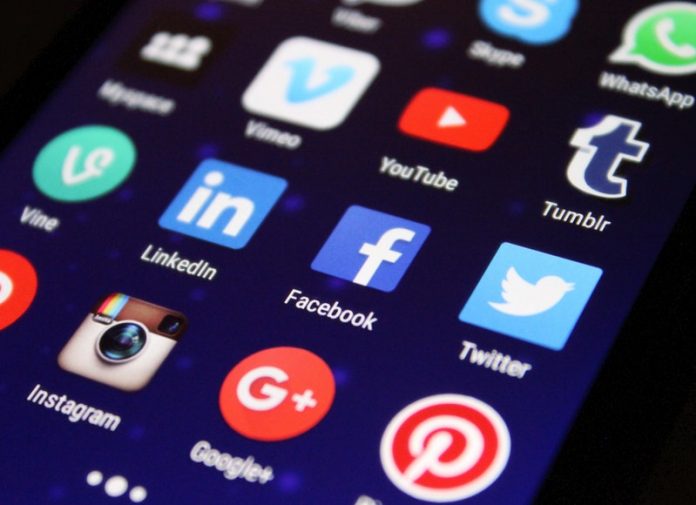
In a new study, researchers found that people who use social networks passively and tend to compare themselves with others are in danger of developing depression.
The research was done by a team of psychologists at Ruhr-Universität Bochum (RUB).
Everyone tries to show their life in the best light on social networks.
Those who take a look around on such sites can find that their self-esteem takes a hit as it seems as though everyone is better than them.
The answers to the question of whether using social networks can trigger depressive tendencies have been contradictory so far.
In the study, the team carried out one experimental and two questionnaire studies.
In the first study, they had two groups of people spend five minutes writing information about the first five people they saw either on their Facebook wall or on the staff website of the Faculty of Catholic Theological at RUB.
A third group skipped this task. All three groups then completed a questionnaire that provided information about their self-esteem.
They found that being confronted by social information on the Internet—which is selective and only positive and favorable, whether on Facebook and on employee websites—leads to lower self-esteem.
As low self-esteem is closely related to depressive symptoms, the researchers consider even this short-term effect to be a potential source of danger.
They then interviewed over 800 people about their use of Facebook, their tendency to compare themselves with others, their self-esteem and the occurrence of depressive symptoms.
They found that passive Facebook use was linked to and depressive symptoms when people have an increased need to make social comparisons of their abilities.
The team then used questionnaires to find out whether their findings could also be transferred to other networks.
The results of the evaluation were very similar to those of the Facebook study.
The team says that it is not the use of social networks that generally and directly leads to or is related to depression, but that certain a particular type of use increase the risk of depressive tendencies.
Private and professional social networks can promote higher levels of depression if users mainly use them passively. Social comparisons have a negative impact on self-esteem.
The team says that this impression that everyone else is better off can be an absolute fallacy. Very few people post on social media about negative experiences.
But people are flooded with these positive experiences on the Internet, and this gives them a completely different impression.
The lead author of the study is Dr. Phillip Ozimek.
The study is published in the journal Behaviour & Information Technology.
Copyright © 2019 Knowridge Science Report. All rights reserved.



